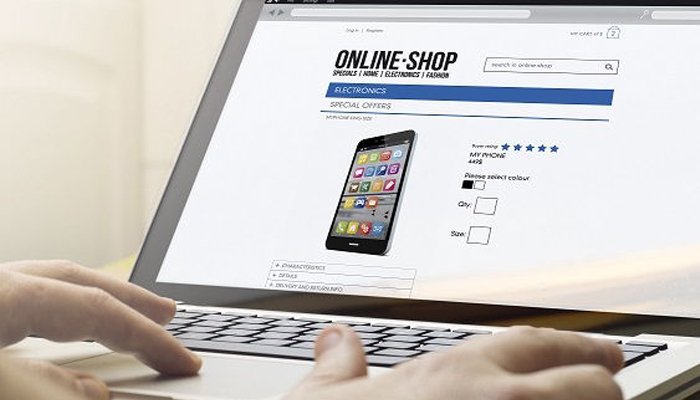There are numerous reasons why customers would file a chargeback—fraudulent purchases, damaged goods, and merchants accidentally double charging credit cards just to name a few. However, between Visa and MasterCard, merchants notice three very common chargeback reason codes. Luckily, there are ways merchants can prevent them, keep their chargeback ratios low, and their merchant services safe from termination.
Most Common Types of Chargebacks
There are two most common chargebacks. Visa classifies them with one reason code while MasterCard classifies them individually. Do you know what they are? If you guessed goods or services not received, then you are correct. Below are the three Visa and MasterCard chargebacks merchants encounter most frequently.
- Visa Reason Code 30, Services Not Provided or Merchandise Not Received
- MasterCard Reason Code 4855, Non-Receipt of Merchandise
- MasterCard Reason Code 4859, Services Not Rendered
The reason code descriptions are self-explanatory, but let us break them down a little more. There are two reasons why merchants would encounter any of these three chargeback codes.
- The cardholder never received the merchandise or services he purchased.
- The merchant still charged the cardholder even after he cancelled his order because he never received his purchase by the expected delivery date.
Most Common Causes for Most Common Chargebacks
It is easy to speculate what causes these types of chargebacks. An initial reaction may be to think the merchant is a fraudster who takes customers’ money without shipping goods or rendering services. However, that situation is less likely than you think. The most common causes for Visa Chargeback Code 30 and MasterCard Chargeback Codes 4855 and 4859 are simple.
- The merchant did not have sufficient goods in stock to send to his customer.
- The merchant billed his customer before shipping the goods or rendering services.
- The merchant did not ship the goods as advertised on his website.
On rare occasions, customers commit acts we like to call friendly fraud. Friendly fraud is when a customer claims he did not receive the goods he purchased in order to get his money back, when in actuality, he did receive them on time as well as undamaged.
Preventing Common Chargebacks
While the causes for the most common chargebacks are simple, preventing them is even simpler.
- Always ship your goods as promised on your website.
- Inform your customer if you are having trouble getting his goods out on time.
- Before shipping any goods, make sure the billing and shipping addresses match.
- Bill your customer at the same time as shipping the goods.
- Bill your customer after rendering services.
- Use a shipping service that requires a signature upon receipt.
- Provide a customer service number on your billing descriptor to encourage refunds and avoid chargebacks.
Disputing Chargebacks
Although customers typically have 120 days to dispute a charge on their credit card billing statement from the date of the original sale, merchants only have five days to respond and dispute the chargeback. To dispute a chargeback, you will need to provide signed proof of delivery or proof that you issued a refund to your customer.
Protect Your Merchant Account from Chargebacks
Since your acquiring bank can terminate your merchant account if you have too many chargebacks, preventing and disputing chargebacks plays a vital role in keeping your credit card processing services protect. In addition to preventing and disputing chargebacks, another option to protect your merchant account from chargebacks is to open multiple merchant accounts to spread out your risk.
Merchants can also open an offshore merchant account to get a higher chargeback threshold. Offshore merchant accounts have chargeback thresholds of 2%, whereas merchant accounts with domestic acquiring banks tend to have a strict 1% chargeback threshold.
For more information on how to get one or multiple merchant accounts with an offshore acquiring bank, contact us online or call us at 1-800-318-2713.


